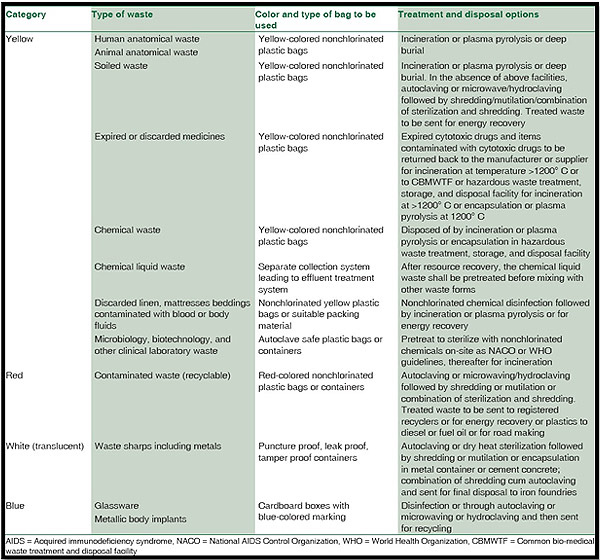Little Known Facts About Reclaim Waste.
Little Known Facts About Reclaim Waste.
Blog Article
Facts About Reclaim Waste Revealed
Table of ContentsThe Only Guide for Reclaim WasteSee This Report about Reclaim WasteHow Reclaim Waste can Save You Time, Stress, and Money.A Biased View of Reclaim WasteSome Ideas on Reclaim Waste You Should Know
Check out the kinds, events, and forms of fluid waste. Domestic sewer waste refers to the waste and products from a residential sewage-disposal tank. This sort of waste is developed by people in houses, colleges, and other buildings. This only includes sewage-disposal tanks that have a drain area. The proper management and disposal of residential sewage waste call for fluid waste to be transferred to a sewage therapy plant where the appropriate approaches and devices are applied to cleanse and get rid of waste.
Commercial waste commonly includes prospective threats, such as flammable products or a mix of fluid and solid waste products, and requires an advanced and in-depth disposal process. The disposal of industrial waste generally includes the filtering of waste before transportation to make sure risk-free and appropriate disposal. Hazardous waste is developed from byproducts and runoff of industrial processes and production.
This type of waste can not utilize the very same sewage monitoring transport or processes as septic or business liquids. The hazardous waste management process needs the assessment and testing of fluid waste before it undergoes the disposal procedure (liquid waste disposal). Overflow waste is the fluid waste that originates from drainage and excess stormwater in highly inhabited areas or cities
Overflow waste can create contamination and flooding otherwise taken care of effectively. Discover more regarding sewage system cleaning and waste monitoring. Making sure proper waste administration can avoid catastrophes and decrease environmental harm. Both people in household setups and specialists in business or manufacturing sectors can profit from understanding the procedures and regulations of fluid waste management.
Reclaim Waste Can Be Fun For Everyone
Get in touch with PROS Solutions today to discover regarding our waste monitoring and disposal services and the appropriate ways to look after the fluid waste you create.
(https://boom-fruit-496.notion.site/Industrial-Wastewater-Treatment-The-Key-to-a-Cleaner-Greener-Future-13c9fdbb2e9380eca32fee3a79088ddf?pvs=4)This so-called 'wastewater' is not just an essential resource yet, after therapy, will be launched to our land, waterways or the ocean. Made use of water from commodes, showers, baths, kitchen sinks, washings and commercial procedures is known as wastewater.

water utilized to cool equipment or tidy plant and devices). Stormwater, a form of wastewater, is runoff that moves from agricultural and city locations such as roof coverings, parks, yards, roads, courses and gutters into stormwater drains pipes, after rain. Stormwater streams neglected straight to neighborhood creeks or rivers, ultimately getting to the sea.
Getting My Reclaim Waste To Work
In Queensland, a lot of wastewater is treated at sewer treatment plants. Wastewater is transported from domestic or commercial sites with a system of sewage systems and pump stations, recognized as sewage reticulation, to a sewage treatment plant. City governments build, maintain and operate most sewer therapy plants. Operators are licensed under the Environmental Protection Act 1994 to release cured wastewater at an appropriate ecological criterion right into rivers.
The Division of Natural Resources suggests city governments regarding handling, operating and preserving sewage systems and therapy plants. In unsewered locations, neighborhood governments might require owners to mount individual or home sewer therapy systems to treat domestic wastewater from commodes, kitchen areas, restrooms and laundries. The Division of Natural Resources authorises making use of home systems when they are proven to be reliable.
The majority of stormwater gets no treatment. In some new subdivisions, therapy of some stormwater to get rid of litter, sand and crushed rock has actually begun making use of gross contaminant traps. go to my site Wastewater treatment takes place in four stages: Gets rid of strong matter. Bigger solids, such as plastics and other objects mistakenly discharged to sewers, are removed when wastewater is passed via displays.
Makes use of small living microorganisms knows as micro-organisms to damage down and remove staying liquified wastes and fine particles. Micro-organisms and wastes are integrated in the sludge.
All About Reclaim Waste
Nutrient elimination is not readily available at all sewage therapy plants because it calls for costly specialized tools. Clear liquid effluent created after treatment might still consist of disease-causing micro-organisms - industrial wastewater treatment.

A lot of wastewater streams right into the sewerage system. Under the Act, regional federal governments carry out approvals and licences for eco appropriate activities (ERAs) entailing wastewater releases that could have a local effect.
Reclaim Waste - Questions
Otherwise, examples are taken for research laboratory evaluation. Usually several tests are needed to develop the levels of each of the various contaminants such as oils, heavy steels and chemicals in water. Monitoring gives factual information concerning water quality and can confirm that permit problems are being satisfied. The details obtained via surveillance gives the basis for making water high quality choices.
Report this page